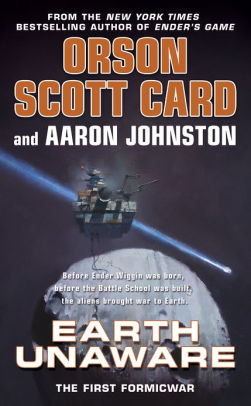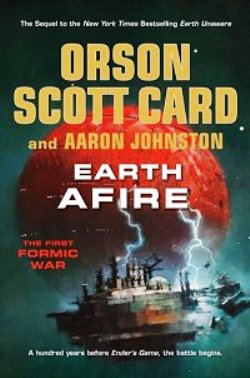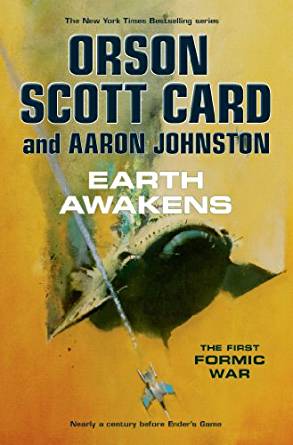Note: The following is a personal review of a book. Please note that the community expert consensus contradicts the views presented in this review. For details, links: #1, #2, as well as comments below.
Starship Troopers is Heinlein’s Hugo-winning right-wing, pro-war, ultra-nationalist (ultra-fascist?) manifesto masterpiece. Set against the narrative backdrop of boot-camp and interstellar war, Heinlein describes what his ideal military, and by extension future society, looks like. In Troopers, Heinlein’s paternal characters explain that “might makes right” is the only true moral code and every other point of view is selfish delusion. At the start of the story, humans live in utopian bliss due to having discovered, and forced to accept, the greatest possible form of government: Democracy where only veterans can vote.
Written after the Korean War, but before the Vietnam War, Heinlein posits the probably naive view that volunteer soldiers are the least corruptible and most moral members of a society. Non-veteran civilians, on the other hand, are considered unworthy childish scumbag sheep who never had the courage or moral fiber to become true men and women. Did I mention that Heinlein goes on a 3-page rant about how social-workers and child-psychologists are “pseudo-professional and pre-scientific”, and their notion of not beating your kids (and also not allowing juvenile delinquents to be beaten by the government) led to the downfall of the US before the end of the 20th century?
When ST isn’t explaining why genocide is good, Heinlein is discussing in meticulous and fascinating detail his vision of a perfect military and the awesome array of weapons the Mobile Infantry employs throughout the universe. One gets the sense that many of today’s sci-fi war franchises, like Warhammer 40K, Battletech, and StarCraft borrow heavily from the torrent of technologies and brutal ideologies that Heinlein presents. Indeed Warhammer 40K’s ultra-violent Space Marines seem to spring directly from the Mobile Infantry, especially their battle armor, jump-jets, drop pods, and callous ethos.
The Mobile Infantry are soldiers in armored mechanized battle suits equipped with an automatic movement and jump-jet control system, as well as sophisticated communication and sensor equipment. Each suit has a lengthy array of weapons from hand flamers and rocket launchers to chemical and small-scale nuclear weapons. This makes the two main battle scenes that bookend the novel graphically entertaining and often thrilling. Sadly, the couple of other battle scenes are only vaguely mentioned with minimal detail. One gets the sense that Heinlein only created the two large battle scenes so that he could begin his thinly veiled lectures on his socio-political philosophy and to describe his ideal military.
Heinlein´s Terran military is described in wonderful and intriguing detail. Though, at times like when Heinlein details the chain of command or the wide variety of possible patrol routes, these descriptions become tedious and down-right boring. That’s not to say this isn’t a true sci-fi story, it is, but the attention to detail on military matters at times feels more like a distraction. Certain parts stand out, only enlisted men who have proven themselves in battle can become officers, only retired military can vote (no civilians or active military), a small military force comprised entirely of fighting men (no army barbers). The military is hard to join and easy to quit. The book goes out of its way to state this numerous times, and extol the virtues of a volunteer army.
The book has spread to comics, anime, animation, and a film series. In the last few years there has been talk of remaking a Starship Troopers film which will be closer to the books than the 1997 film.
This entry was originally written by markrogers in September of 2011, but was abandoned and placed in a state of limbo. I recently read Starship Troopers and remembered this entry. I decided to finish it and allow it to be published. The title and all but the last two paragraphs are virtually untouched from markrogers’ original draft. – Jack B. Nimble



